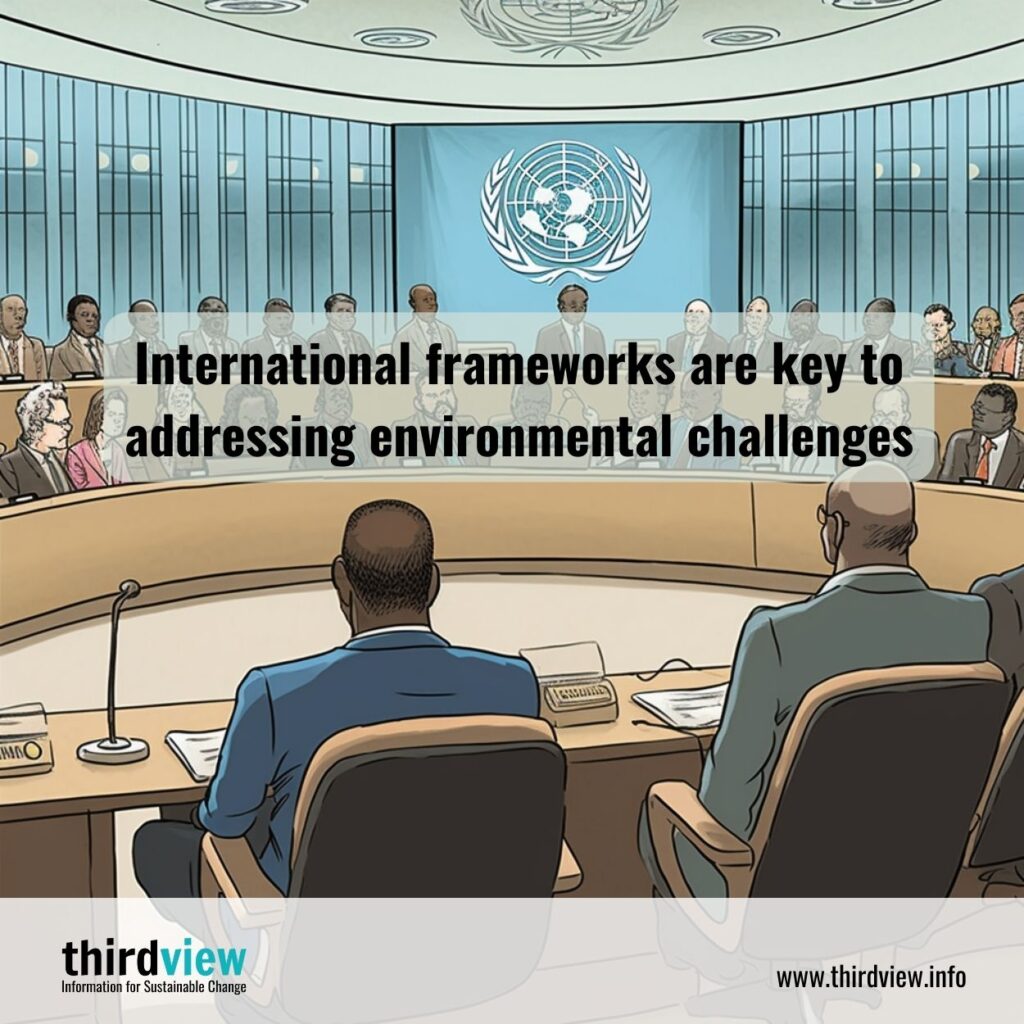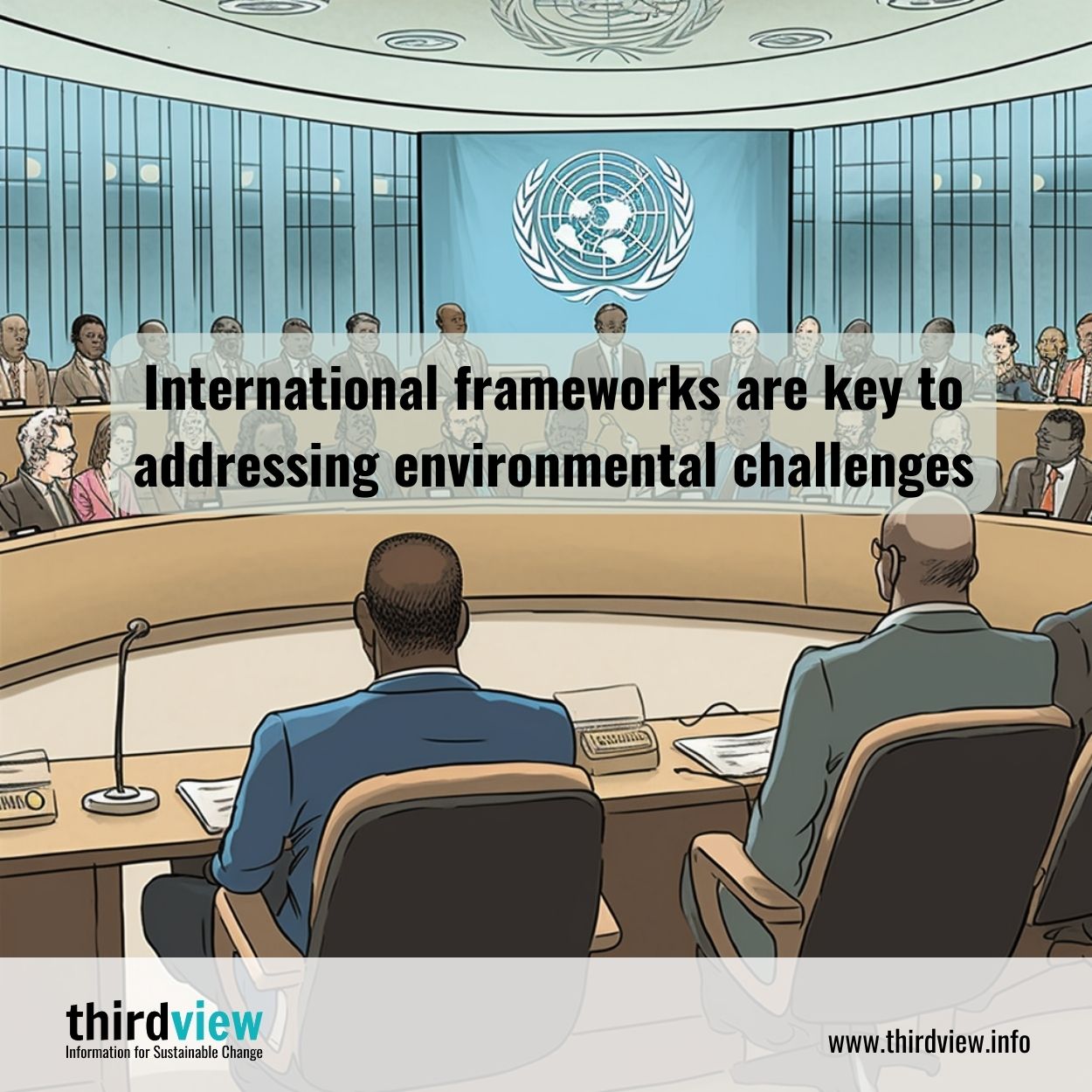As the effects of climate change continue to manifest in different ways around the world, the need for effective environmental policies has never been more urgent. Fortunately, there are various international frameworks that countries can utilize to work together in achieving common environmental goals. In this blog post, we’ll explore some of these frameworks and how they are helping to address some of the biggest environmental challenges facing humanity.
Paris Agreement:
The Paris Agreement is one of the most significant international environmental frameworks today, as it sets out to limit global warming to well below 2 degrees Celsius above pre-industrial levels, and to pursue efforts to limit the temperature increase even further to 1.5 degrees Celsius. The agreement was reached in 2015 and commits all participating countries to reduce their emissions, track their progress, and update their targets every five years.
Sustainable Development Goals (SDGs):
The SDGs are a universal call to action to end poverty, protect the planet and ensure that all people enjoy peace and prosperity. The goals are 17 in total, covering social, economic and environmental areas, and are interconnected. For instance, the goal of providing clean water and sanitation (Goal 6) is crucial for achieving good health and well-being (Goal 3) and sustainable cities and communities (Goal 11). The SDGs represent a framework for countries to adopt policies that will lead to a sustainable future while recognizing that each country’s path will be unique.
The Montreal Protocol:
The Montreal Protocol is an international treaty that was signed in 1987 to protect the ozone layer by phasing out the production and consumption of ozone-depleting substances. The treaty is often lauded for its success in addressing the issue of the ozone hole and is an important example of an international agreement successfully halting the use of a dangerous substance and providing a blueprint for addressing other environmental challenges.
The Rio Convention:
The Rio Convention is a set of three global environmental treaties that were signed during the Earth Summit in Rio de Janeiro in 1992. The convention includes the United Nations Framework Convention on Climate Change (UNFCCC), the Convention on Biological Diversity (CBD), and the United Nations Convention to Combat Desertification (UNCCD). Each of these treaties addresses environmental challenges in a specific area, and together they represent an integrated approach to sustainable development.
The Circular Economy Package:
The Circular Economy Package is an EU policy framework that aims to promote a more sustainable economic model by reducing waste and increasing resource efficiency. The package includes legislation that sets targets for recycling and waste reduction and encourages the use of more sustainable materials in production. The framework recognizes the importance of preventing waste and reducing the environmental impact of materials throughout their life cycle.
In conclusion, international frameworks for achieving environmental goals are essential in addressing pressing environmental challenges such as climate change, biodiversity loss, land degradation, and pollution. They provide a way for countries to work together and coordinate their efforts towards a common goal. While these frameworks are not perfect, they represent a crucial step towards a sustainable future. It is up to each of us, as global citizens, to support these international efforts by making sustainable choices in our daily lives and by urging our leaders to take bold and decisive action on environmental issues.


